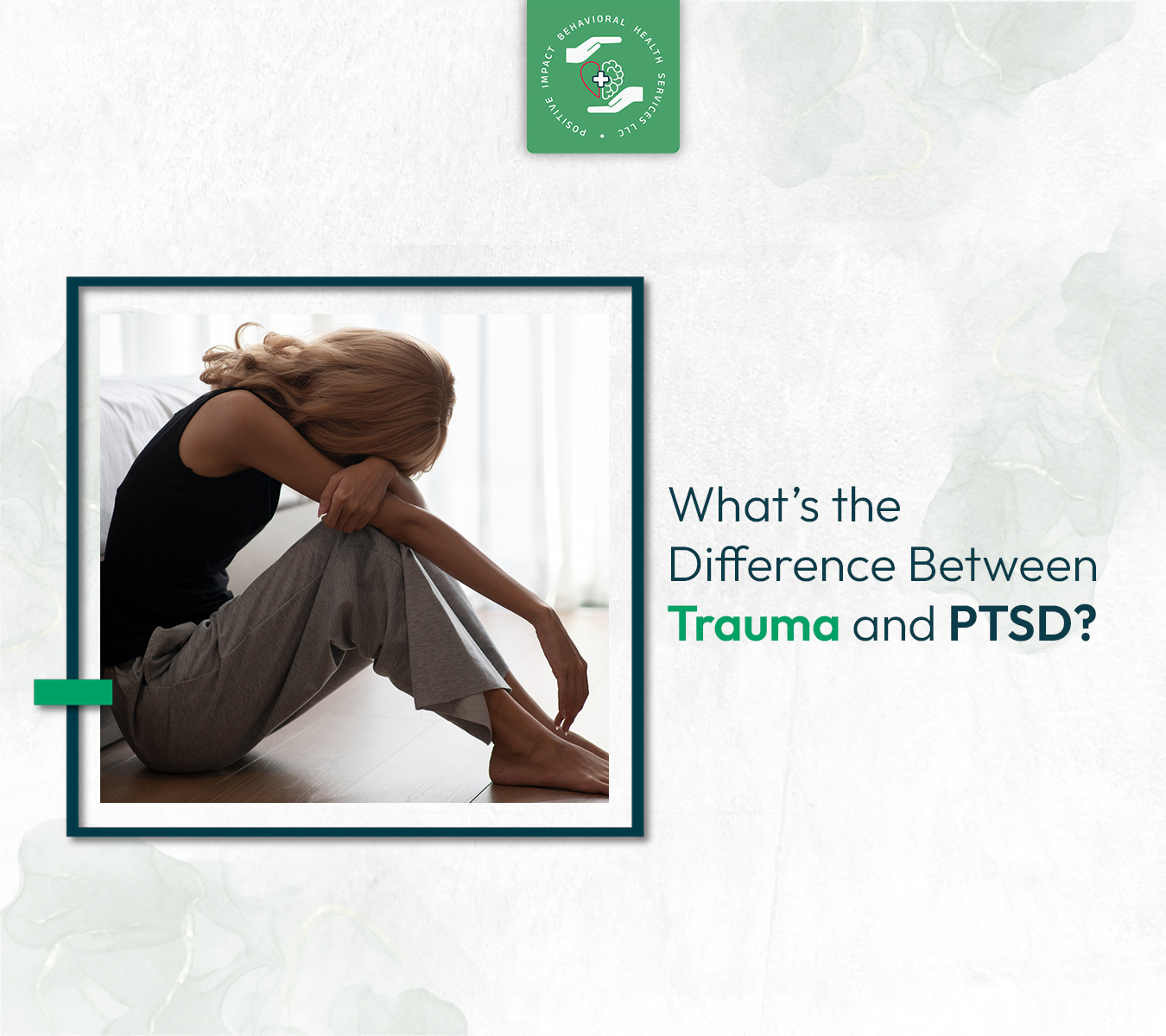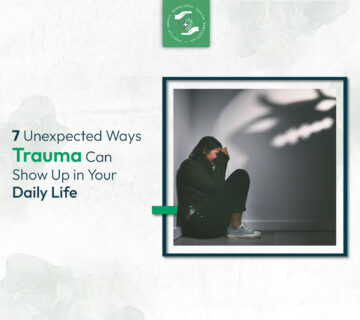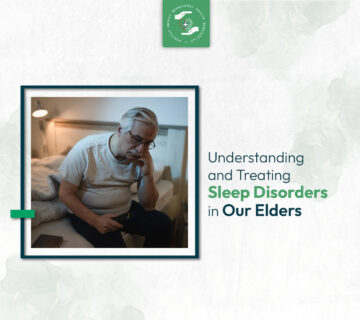Sometimes bad things happen. When they do, people can feel hurt inside. We want to make these feelings easy to understand. We are Positive Impact Behavioral Health Services. We help people who feel hurt after hard events.
What Is Trauma?
Trauma is when something very scary or sad happens. It can be one big event. It can also be many small hard moments put together. A car crash, losing someone you love, being hurt by another person, or living where you feel unsafe are examples.
After trauma, you might feel sad, scared, or angry. You might sleep poorly or feel sick in your tummy. These feelings are your body’s way of trying to keep you safe.
What Is PTSD?
PTSD means Post Traumatic Stress Disorder. It is what we call it when the hard feelings do not go away. Not everyone with trauma gets PTSD. PTSD happens when the brain keeps remembering the scary thing again and again.
People with PTSD may have nightmares. They may see the scary memory like a movie in their head. They may stay away from places or people that remind them of what happened. They may feel always on guard or very jumpy. These problems can last a long time.
How Trauma Can Lead to PTSD
After something scary, many people feel upset for a while. Most people slowly feel better. For some people, the fear and upset do not go away. When the feelings last and make life hard, that can be PTSD.
Things that make PTSD more likely are very scary events, being hurt many times, or not getting help after the event. Extra stress in life can also make healing harder.
Signs of Trauma
You might notice:
- Feeling very sad or angry.
- Having trouble sleeping.
- Being scared of loud noises.
- Not wanting to talk about the event.
- Bad memories that pop up.
If these feelings stay and make life hard, it is good to get help.
Signs of PTSD
PTSD signs can include:
- Flashbacks that feel real.
- Nightmares about the event.
- Avoiding what reminds you of the event.
- Feeling numb or not happy with things you used to like.
- Being very alert and scared easily.
If these things make it hard to go to school, work, or be with family, please get help.
When to Ask for Help
It is OK to ask for help. You do not need to wait. Ask for help if:
- Feelings do not get better.
- You cannot sleep or eat well.
- You have trouble doing daily things.
- You feel like hurting yourself or others.
We will listen and not judge. You are not alone.
How We Help
We care for children and adults. Dr. Martins Akhibi leads our team. He listens with care and builds trust. He uses talking therapy, skills to calm the body, and medicine when it helps. We make a plan with you. We respect your culture and your pace.
Our care can include:
- Talking with a kind provider to help you process the event.
- Learning tools to change scary thoughts.
- Ways to sleep better and calm your body.
- Medicine when it helps reduce strong symptoms.
- Support for family and loved ones.
We also help with other problems that come with trauma, like anxiety, depression, trouble sleeping, ADHD, and substance use.
What to Expect in Treatment
When you come to us, we start by listening to your story. We ask what you need. We make a plan together. Healing can take time. Small steps add up. We use treatments that work and we care for the whole you.
How to Help Someone You Love
If someone you love has trauma or PTSD:
- Listen and believe them.
- Ask what they need.
- Offer small help, such as a ride or a warm meal.
- Remind them they can get help when they are ready.
- Take care of yourself too.
Conclusion
Trauma and PTSD can feel heavy. You do not have to carry them alone. We walk with you every step. We offer care that is kind, simple, and strong. Dr. Martins Akhibi and our team know how to help. We believe mental health is a path we take together.
If you think you or someone you love may need help, please reach out. We will listen. We will make a plan. We will walk with you toward hope and healing.
FAQs
Q. How do you help at Positive Impact Behavioral Health Services?
We listen with care. We use talking, kinds of therapy, and sometimes medicine. Dr. Martins Akhibi leads our team.
Q. Can kids have trauma or PTSD?
Yes. Kids and grownups can both feel trauma and get PTSD.




